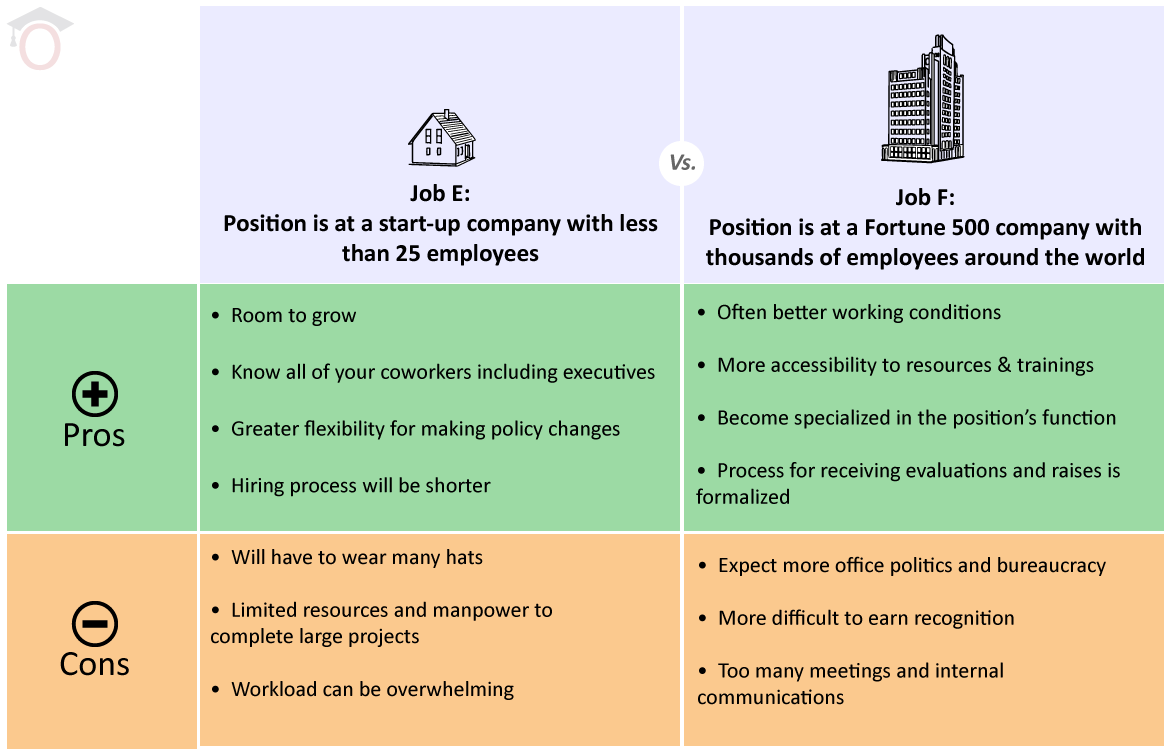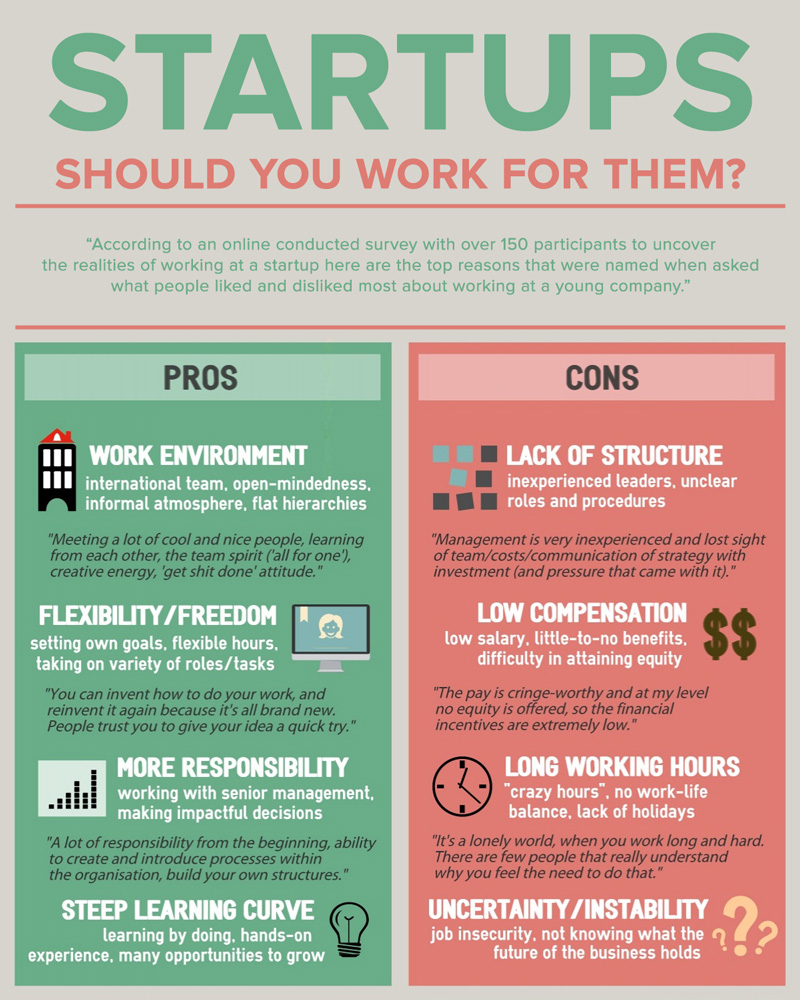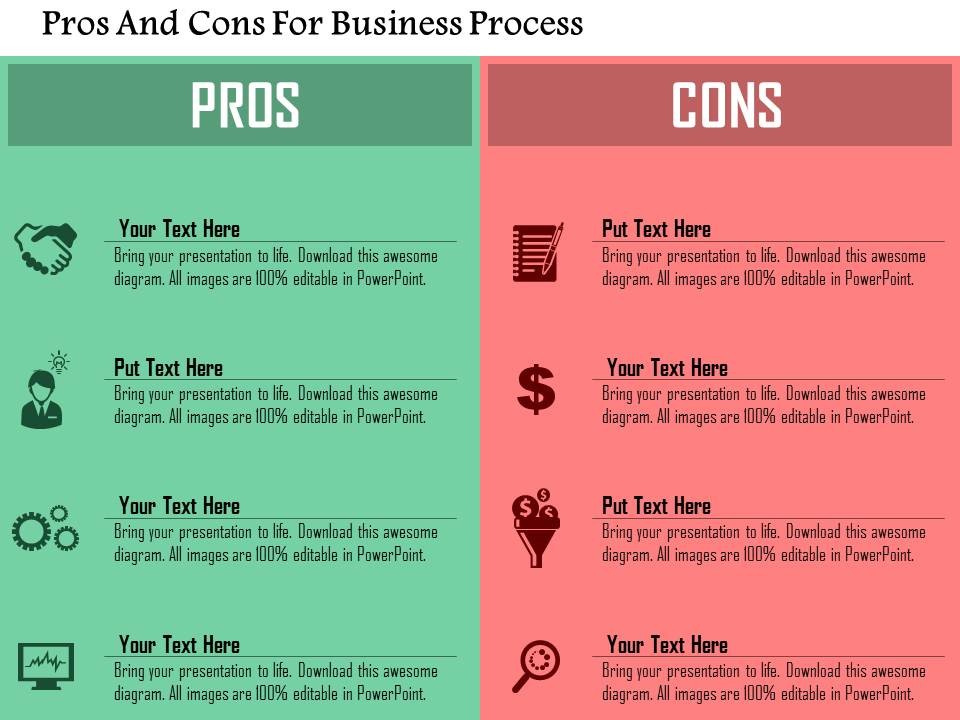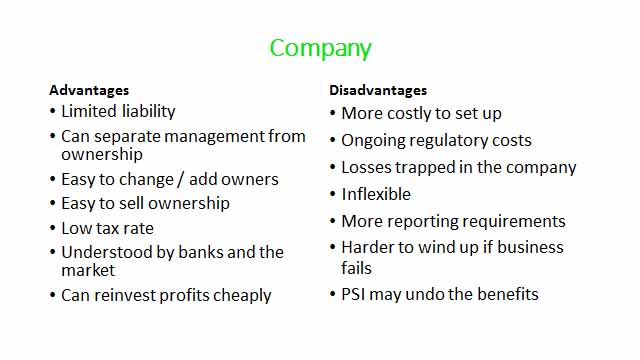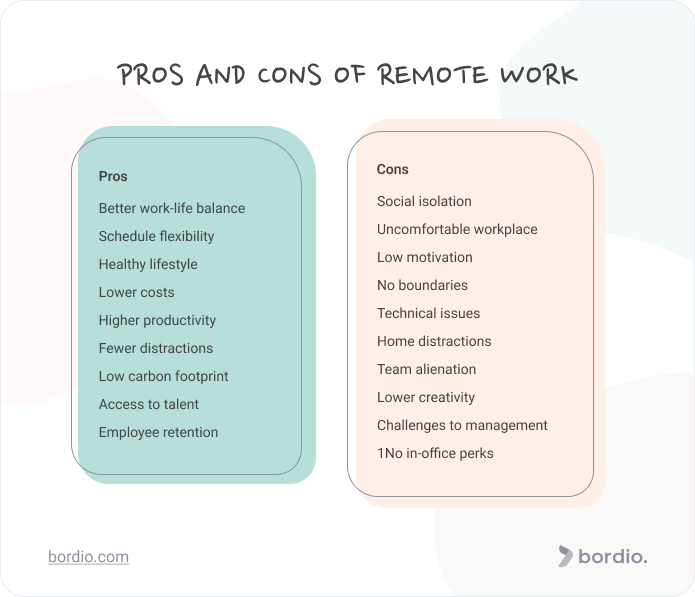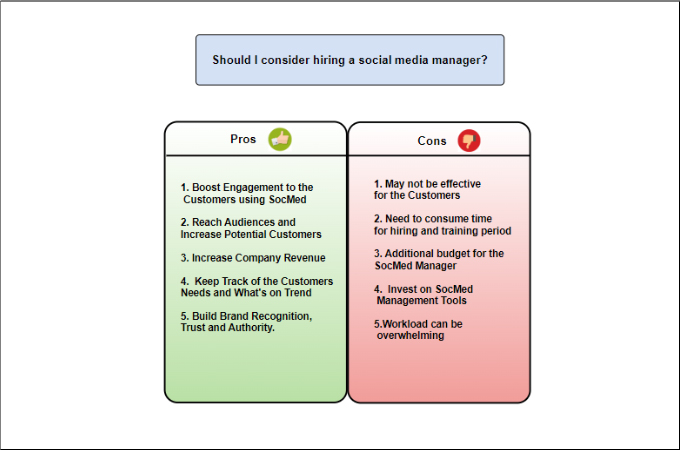Pros And Cons Of Working In A Small Company

Imagine a bustling office, not of hundreds, but a cozy space of twenty-something individuals. Laughter echoes easily, birthday celebrations feel more personal, and everyone seems to know your name, even on your first day. This is the allure of working in a small company, a world away from the corporate giants.
But is it all sunshine and shared snacks? This article delves into the multifaceted reality of small company employment, weighing the advantages and disadvantages to help you decide if it's the right fit for your career aspirations.
The Appeal of Intimacy and Impact
One of the most significant draws to small companies is the sense of community. You're not just a number; you're Jane, the marketing whiz, or David, the coding guru. This personalized environment often translates to stronger relationships with colleagues and a more supportive work atmosphere.
"In a smaller team, everyone’s contribution feels more tangible," explains Sarah Chen, a career coach specializing in small business employment. "You can directly see how your work impacts the company's bottom line."
Pros: A Deep Dive
Greater Responsibility & Learning Opportunities: With fewer employees, there are typically more opportunities to wear multiple hats. This can lead to rapid skill development and a broader understanding of the business as a whole.
Flexibility and Autonomy: Small companies are often more adaptable to individual needs, offering flexible work arrangements and greater autonomy in how you approach your tasks. Decision-making processes are usually quicker, allowing for faster implementation of new ideas.
Direct Impact: Your contributions are immediately visible and valued. This can be incredibly motivating and provide a strong sense of purpose.
The Other Side of the Coin: Challenges and Limitations
Despite the undeniable advantages, working in a small company also presents its own set of challenges. These can range from limited resources to a lack of structured processes.
Cons: Unveiling the Drawbacks
Limited Resources and Benefits: Small companies may struggle to offer competitive salaries and benefits packages compared to larger corporations. Budget constraints can also impact access to training and development opportunities.
Lack of Structure and Processes: The informal atmosphere can sometimes lead to a lack of clearly defined roles and responsibilities. This can result in confusion and inefficiencies.
Limited Career Progression: With fewer hierarchical levels, opportunities for upward mobility may be limited. You might need to look outside the company for significant career advancement.
Work-Life Balance Challenges: Counterintuitively, smaller companies can sometimes blur the lines between work and personal life. The "all hands on deck" mentality can lead to longer hours and increased pressure.
A 2023 study by the Small Business Administration (SBA) found that employees in companies with fewer than 50 employees reported slightly lower average salaries and benefits compared to those in larger organizations.
Making the Right Choice
The decision of whether or not to work in a small company is a personal one. It depends on your individual priorities, career goals, and risk tolerance.
Consider what truly motivates you: Is it the promise of high earnings and structured career progression, or the opportunity to make a tangible impact and be part of a close-knit team?
Ultimately, the "best" work environment is the one that aligns with your values and allows you to thrive. It’s about finding a place where you can contribute, learn, and grow, regardless of the company's size.
Whether you crave the energy of a startup or the stability of a larger corporation, understanding the trade-offs is the first step towards a fulfilling career journey.
